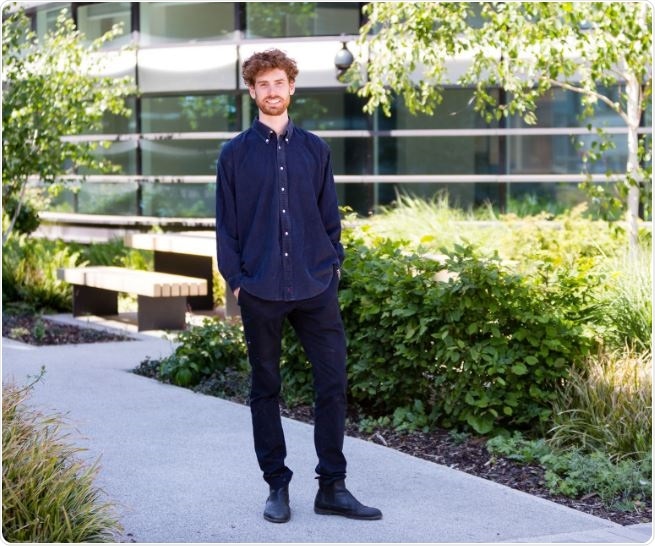Epigenetics company Base Genomics has launched with a team of leading scientists and clinicians to set a new gold standard in DNA methylation detection. The company has closed an oversubscribed seed funding round of $11 million USD (£9 million GBP) to progress development of its TAPS technology, initially focusing on developing a blood test for early-stage cancer and minimal residual disease. The funding round was led by Oxford Sciences Innovation and also included investors with industry expertise in genomics and oncology.

Oliver Waterhouse, Founder and CEO, Base Genomics
DNA methylation is an epigenetic mechanism involved in gene regulation and has been shown to be one of the most promising biomarkers for detecting cancer through liquid biopsy. The existing industry standard for mapping DNA methylation degrades DNA and reduces sequence complexity, however, limiting scientific discovery and clinical sensitivity. Base Genomics’ new technology, TAPS, overcomes these issues and generates significantly more information from a given sample, creating new opportunities in research and the clinic.
In order to realize the potential of liquid biopsies for clinically meaningful diagnosis and monitoring, sensitive detection and precise quantification of circulating tumor DNA is paramount. Current approaches are not fit for purpose to achieve this, but Base Genomics has developed a game-changing technology which has the potential to make the sensitivity of liquid biopsies a problem of the past."
Anna Schuh, Base Genomics CMO
First developed at Ludwig Institute for Cancer Research Branch at the University of Oxford, TAPS is a novel chemical reaction that converts methylated cytosine to thymine under mild conditions. Unlike the industry standard technology, bisulfite sequencing, TAPS does not degrade DNA, meaning that significantly more DNA is available for sequencing. TAPS also better retains sequence complexity, cutting sequencing costs in half and enabling simultaneous epigenetic and genetic analysis.
Genomic technologies with the power, simplicity and broad applicability of TAPS come along very infrequently. It has the potential to have an impact on epigenetics similar to that which Illumina’s SBS chemistry had on Next Generation Sequencing.”
Vincent Smith, Base Genomics CTO
Base Genomics is led by a highly experienced team of scientists and clinicians, including Dr Vincent Smith, a world-leader in genomic product development and former Illumina VP; Dr Anna Schuh, Head of Molecular Diagnostics at the University of Oxford and Principal Investigator on over 30 clinical trials; Drs Chunxiao Song and Yibin Liu, co-inventors of TAPS at the Ludwig Institute for Cancer Research, Oxford; and Oliver Waterhouse, previously an Entrepreneur in Residence at Oxford Sciences Innovation and founding team member at Zinc VC.
“The ability to sequence a large amount of high-quality epigenetic information from a simple blood test could unlock a new era of preventative medicine,” said Base Genomics founder and CEO Oliver Waterhouse. “In the future, individuals will not just be sequenced once to determine their largely static genetic code, but will be sequenced repeatedly over time to track dynamic epigenetic changes caused by age, lifestyle, and disease.”